Sabah’s First ‘Fully Conscious Brain Surgery’ A Success
This is the first “awake craniotomy” done in Sabah with collaboration from the medical team from University Malaysia Sabah and a government hospital.
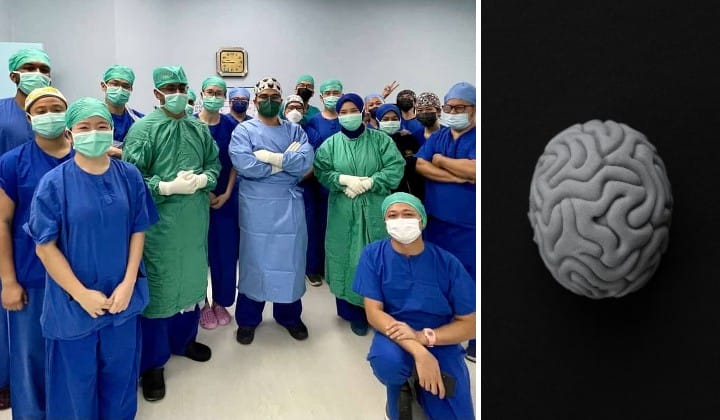
Subscribe to our Telegram channel for the latest stories and updates.
A brain surgery called ‘awake craniotomy’ was successfully completed on a fully conscious 50-year-old female patient in Sabah last Thursday (12 January).
The procedure was done by a team of surgeons from Queen Elizabeth 2 Hospital (HQE2) and University Malaysia Sabah (UMS).
In a media statement, Sabah Health Department director Datuk Rose Nani Mudin said the medical team was led by HQE2 neurosurgeons Dr M. Sofan Zenian and Dr Hezry Abu Hasan together with UMS’s Medicine and Health Sciences Faculty’s brain anesthesiologist Dr Yeap Boon Tat as well as Sungai Buloh Hospital’s senior consultant neurosurgeon Dr Liew Boon Seng.
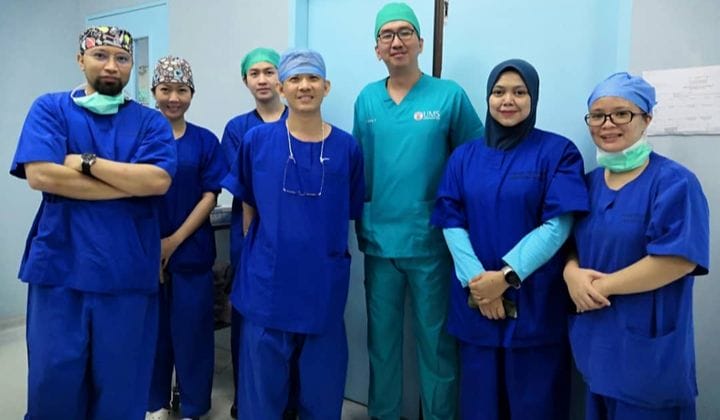
This is not Malaysia’s first “fully conscious brain surgery” as “awake craniotomy” has been performed in Malaysia since 2010 at the Universiti Sains Malaysia Hospital, Kuala Lumpur Hospital, Sungai Buloh Hospital and Sultanah Aminah Hospital.
Dr Rose Nani said preparations for the operation were done in November 2022 after the female patient complained of persistent headaches when she sought treatment at the Duchess of Kent Hospital in October last year.
The patient was diagnosed with “multiple meningioma” on the left side of her brain which was very critical.
As the disorder had affected her quality of life, Dr Rose Nani said that a decision was made to perform the “awake craniotomy” surgery on her.
During the six-hour surgery, the patient was asked to state her name or sing a short song to ensure she remained alert with anaesthesia only given in specific doses.
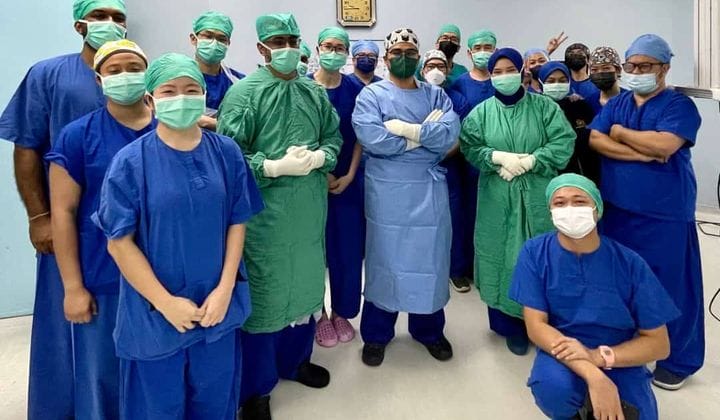
“After the operation, the patient only complained of a mild headache and was able to drink water. She was able to consume soft meals the next day,” stated Dr Rose Nani.
She later added that patients suffering from a cerebral aneurysm, extradural haemorrhage and chronic subdural haemorrhage could benefit from the same “awake brain surgery”.
Meningiomas & Awake Craniotomy
A meningioma is a common type of tumour that arises from the meninges (the membranes that surround the brain and spinal cord). It may compress or squeeze the adjacent brain, nerves or vessels, which may cause serious disability.
It occurs more commonly in women and is discovered at older ages (it can occur at any age). Most meningiomas grow slowly without any significant symptoms, so that’s why they may be monitored over time and don’t always need immediate treatment.
An “awake craniotomy” or “awake brain surgery” is a procedure performed on the brain while you’re awake and alert. It is used to treat some brain conditions like brain tumours or epileptic seizures.
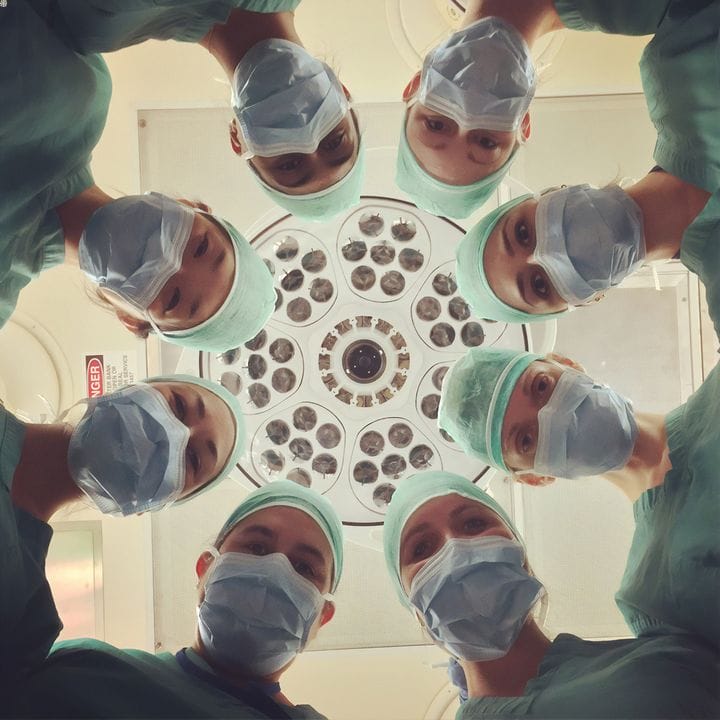
The reason why the patient has to be awake during this type of surgery is to reduce the risk of damaging critical brain areas that control speech and other skills.
If the tumour/seizures are in the parts that control vision, movement or speech, the surgeon will ask you questions and monitor your brain activity as you respond during the surgery.
For example, if you suddenly can’t seem to form coherent words, or lift your finger while the surgeon asks you to during the surgery, then there might be some accidental complications that they could immediately attend to.
There was even a case in 2020 where a 53-year-old violinist was asked to play the violin during this awake brain surgery to ensure her coordination and hand movements weren’t affected.
If you’re unconscious, the result of the successful surgery has to wait until you’re awake from anaesthesia and when your brain is already fully closed.
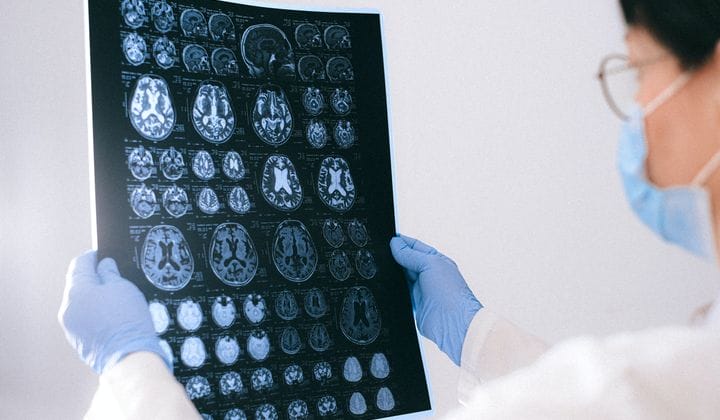
It’s a bit difficult to pinpoint the area of the brain affecting language, speech or motor skills exactly before surgery. Awake brain surgery allows the surgeon to know exactly which areas of your brain control those functions and avoid them.
For your information, this is a relatively painless procedure as the brain tissue itself cannot feel pain, according to Dr Aaron Cohen-Gadol, a professor at the Indiana University Department of Neurosurgery.
Share your thoughts with us via TRP’s Facebook, Twitter, and Instagram.








